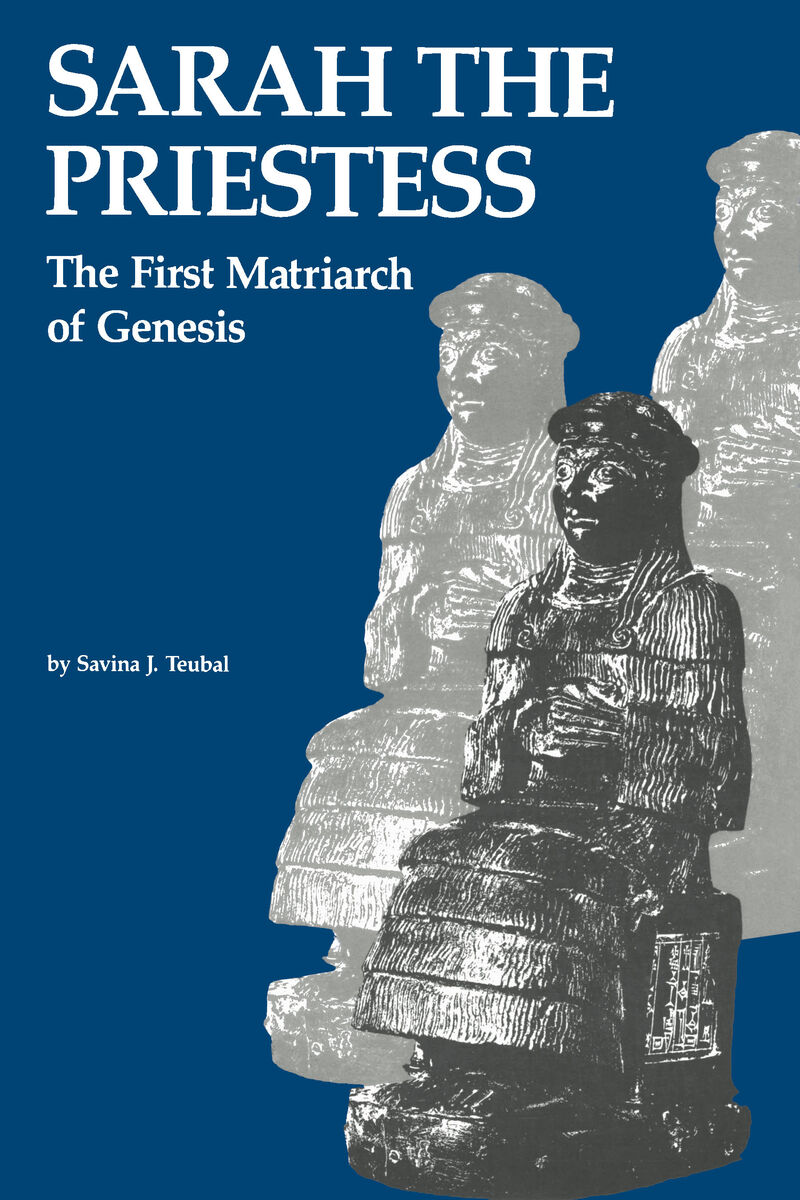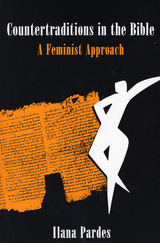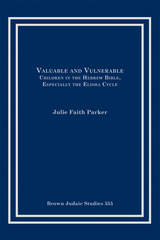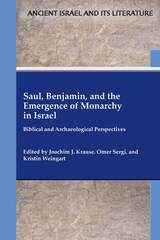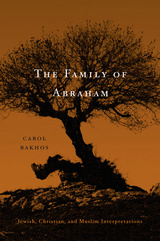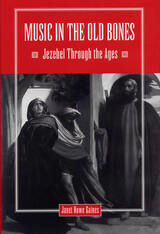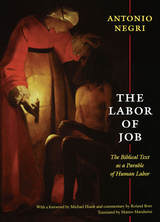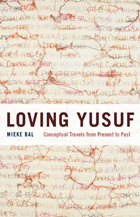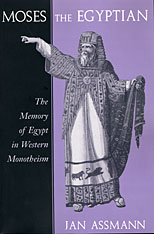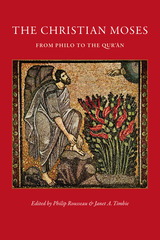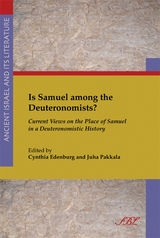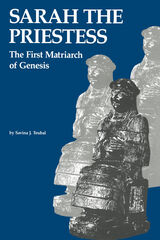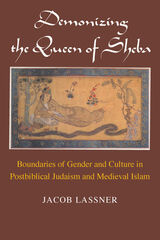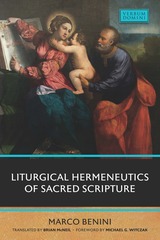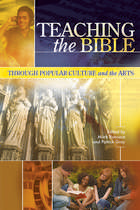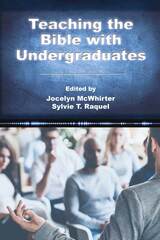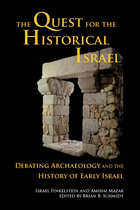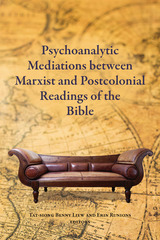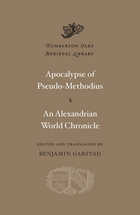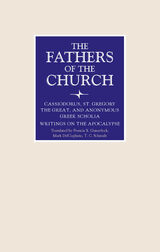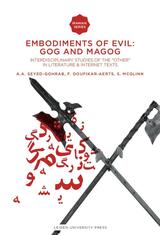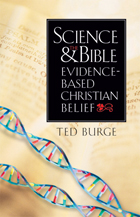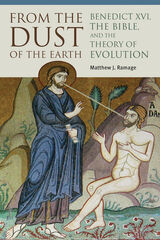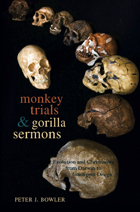Sarah the Priestess: The First Matriarch of Genesis
Ohio University Press, 1984
eISBN: 978-0-8040-4001-3 | Paper: 978-0-8040-0844-0
Library of Congress Classification BS580.S25T47 1984
Dewey Decimal Classification 222.110924
eISBN: 978-0-8040-4001-3 | Paper: 978-0-8040-0844-0
Library of Congress Classification BS580.S25T47 1984
Dewey Decimal Classification 222.110924
ABOUT THIS BOOK | AUTHOR BIOGRAPHY | REVIEWS | TOC
ABOUT THIS BOOK
The only source in which Sarah is mentioned is the Book of Genesis, which contains very few highly selective and rather enigmatic stories dealing with her. On the surface, these stories tell us very little about Sarah, and what they do tell is complicated and confused by the probability that it represents residue surviving from two different written sources based on two independent oral traditions. Nevertheless, the role which Sarah plays, in the Genesis narratives, apears to be a highly energetic one, a role so active, in fact, that it repeatedly overshadows that of her husband.
In a patriarchal environment such as the Canaan of Genesis, the situation is discordant and problematic. Dr. Teubal suggests that the difficulty is eliminated, however, if we understand that Sarah and the other matriarchs mentioned in the narratives acted within the established, traditional Mesopotamian role of priestess, of a class of women who retained a highly privileged position vis-a-vis their husbands.
Dr. Teubal shows that the “Sarah tradition” represents a nonpatriarchal system struggling for survival in isolation, in the patriarchal environment of what was for Sarah a foreign society. She further indicates that the insistence of Sarah and Rebekah that their sons and heirs marry wives from the old homeland had to do not so much with preference for endogamy and cousin marriage as with their intention of ensuring the continuation of their old kahina-tradition against the overwhelming odds represented by patriarchal Canaan.
In a patriarchal environment such as the Canaan of Genesis, the situation is discordant and problematic. Dr. Teubal suggests that the difficulty is eliminated, however, if we understand that Sarah and the other matriarchs mentioned in the narratives acted within the established, traditional Mesopotamian role of priestess, of a class of women who retained a highly privileged position vis-a-vis their husbands.
Dr. Teubal shows that the “Sarah tradition” represents a nonpatriarchal system struggling for survival in isolation, in the patriarchal environment of what was for Sarah a foreign society. She further indicates that the insistence of Sarah and Rebekah that their sons and heirs marry wives from the old homeland had to do not so much with preference for endogamy and cousin marriage as with their intention of ensuring the continuation of their old kahina-tradition against the overwhelming odds represented by patriarchal Canaan.
See other books on: Body, Mind & Spirit | Genesis | O.T | Sarah | Women and religion
See other titles from Ohio University Press
